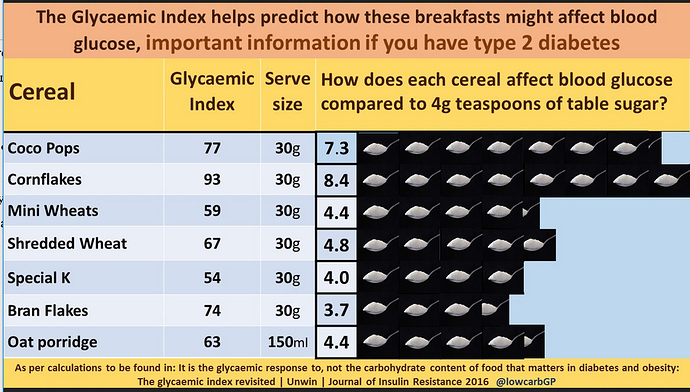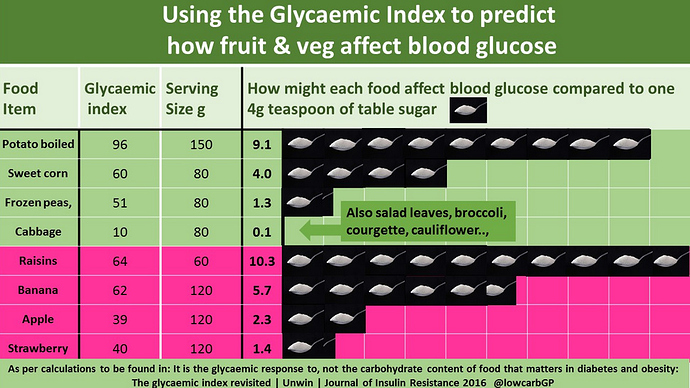Welcome to the forums! The Two Keto Dudes, who founded these forums, are both Type II diabetics, who reversed their diabetes by eating a ketogenic diet.
To answer your question, a diabetic is best off when eating as little carbohydrate as possible. This is true whether the diabetic is Type I or Type II
The former is an incurable autoimmune disease, in which the pancreas is damaged too badly to produce insulin. Fortunately, since the discovery of insulin, Type I diabetics no longer need to die a very uncomfortable death. Since too much insulin can damage the body, it is better for a Type I diabetic to eat as little carbohydrate as possible, since this keeps glucose under control with a minimal dose of insulin. It also avoids the difficulty of trying to balance insulin and carb intake, which can be very tricky.
The latter is a condition that is largely caused by diet. It can be treated by a low-carb ketogenic diet, and many people have actually reversed their Type II diabetes by such a way of eating (including, as I mentioned, the Dudes, Carl and Richard). Low-carb eating reduces the burden on the liver and pancreas, which can eventually heal.
While there are essential fats and essential amino acids, which we must get every day or we will sicken and die, there is no such thing as an essential carbohydrate. Many people have gone carb-free for over a decade, in some cases, with no discernible ill effects.
The reason diabetes educators encourage their Type I patients to eat carbohydrate is because of a fear that they will overdose on insulin and go into hypoglycaemic shock. The standard wisdom has it that it is easier for patients to eat some carbohydrate and try to balance it with insulin. As Dr. Gary Fettke, Dr. Troy Stapleton, and others have pointed out, however, this strategy actually causes more problems than it solves. A Type I patient who eats minimal carbohydrate needs only the daily insulin dose, and can usually dispense with the bolus doses. CSIRO has seen the light as a result of Dr. Fettke’s experience of being censured and then receiving an official apology from the Minister of Health, and so their recommendation of a 50g limit is in line with the recommendations of various researchers into the ketogenic diet.
The reason for increasing fat intake is to provide calories that are no longer coming in the form of carbohydrate. Fat intake has almost no effect on insulin secretion in healthy people, other than the minimum needed to sustain life, so can be ignored by Type I patients. The daily dose will cover it. A diet of minimal carbohydrate, a reasonable amount of protein, and enough fat to assuage hunger pangs will yield stable glucose levels that fluctuate within a small range, and very little need for bolus insulin.
Keto “flu” is actually a deficiency of sodium, that happens on a keto diet for complicated reasons that I won’t go into (this is already a long post). So just make sure that your husband gets 4-6 grams of sodium a day, which is 10-15 grams of table salt, inclusive of salt already in the food. I find that I get headaches and constipation if I eat too little salt, and if I get too much, it starts to taste really nasty. As long as I avoid extremes, I’m fine.


